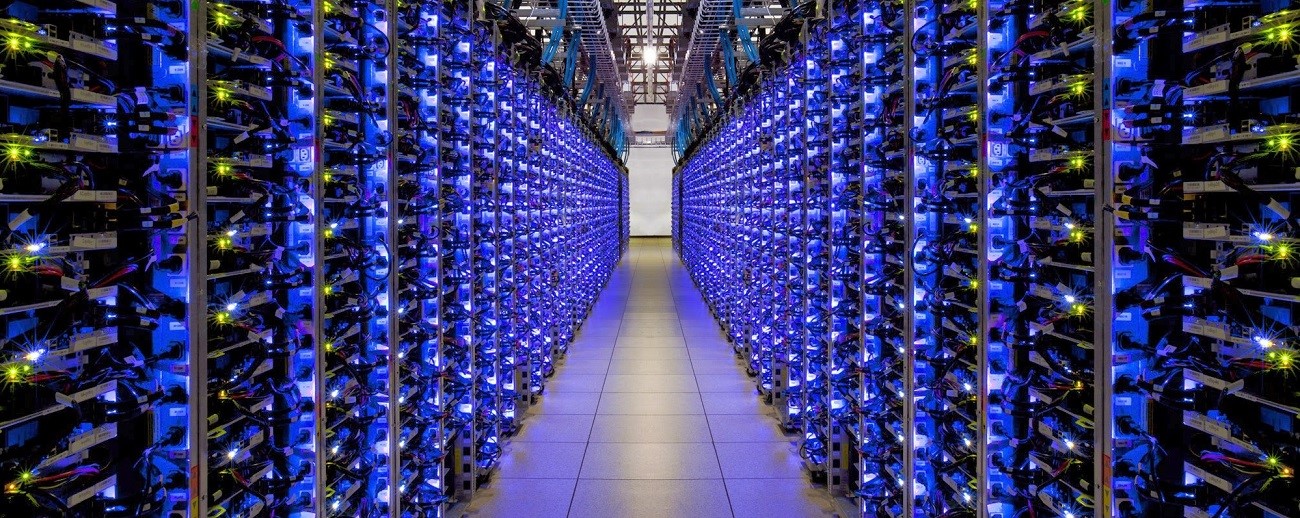
Free-cooling for Data Centers
Worldline implements a free cooling process for its Vendôme (France) datacenter to reduce its electricity consumption and therefore its CO2 emissions. The project consists of replacing standard air…

Reducing the environmental footprint of payment terminals is a real challenge as the demand for environmentally friendly products is becoming increasingly important. The eco-design of payment terminals is therefore at the heart of the Worldline Group's environmental strategy, which aims to design, develop and offer products that are increasingly environmentally friendly, focusing in particular on the following dimensions: - Reduction of the raw materials used, - Reduction of the carbon footprint linked to logistics, - Optimization of the energy efficiency of terminals, - Recyclability of terminals and setting up recycling channels for end-of-life terminals.
The design of a payment terminal is a key stage to reduce environmental impacts. It is during this phase, the levers are the most important to define the environmental profile.
Eco-design is a virtuous process that takes into account environmental requirements (regulations, customer expectations, Group environmental policy) and product environmental impacts (consumption of raw materials and energy, waste production) in order to reduce them as much as possible. This is an innovative and preventive approach that enables the company to rethink the product in a more responsible and sustainable way, at each stage of its life cycle.
To this end, the Worldline Group has developed an eco-design approach that aims in particular to reduce resource consumption and waste production (SDG 12 – United Nations Sustainable Development Goals – Sustainable consumption and production).
To make progress in this area, the Group has developed an eco-design checklist based on the best international standards for electronic products (EPEAT, TCO, ECMA-341, etc.). Through this tool, the environmental performance of products is evaluated:
This evaluation of environmental performance is then used to draw up an “eco-declaration”, a sort of environmental profile of the product that enhances its ecological dimension while meeting customer expectations.
For more information, download the complete project sheet.
on which the project has a significant impact
Scope 3 – Optimization of the energy efficiency of terminals Reduction of raw materials used
– 2018 situation: 60.1 kgCO2e/product manufactured
– 2020 situation: 53.7 kgCO2e/product manufactured
For a volume of terminals manufactured in 2020 of 10.4 million products, this represents a gain of 66,560 tCO2e
Not disclosed
2018
Worldwild scale
Not disclosed
The eco-design of payment terminals contributes to SDG 12 Sustainable Consumption and Production.
The Group’s partner for the assembly of terminals is a signatory of the Responsible Business Alliance (formerly EICC – Electronic Industry Citizenship Coalition) Code of Conduct, which ensures that the environment is taken into account in the conduct of its activities. This partner is also ISO 14001 certified, as are the two subcontracting plants that assemble Landi terminals. In 2020, all of the Group’s terminals were assembled in industrial sites covered by ISO 14001 environmental certification.
The Group works with two carriers who are among the leaders in logistics. Both ISO 14001 certified, they enable the company to contribute to an eco-responsible supply chain. They provide the Group with their expertise in the design of logistics networks, consolidation and optimization of loads, and the choice of transport modes, thereby helping to reduce the Group’s carbon footprint.
xavier.laisney@ingenico.com

Worldline implements a free cooling process for its Vendôme (France) datacenter to reduce its electricity consumption and therefore its CO2 emissions. The project consists of replacing standard air…
AFEP (Association of French large companies) is an association representing 111 of the largest companies operating in France. It participates in the public debate with the ambition to provide pragmatic answers in favour of the development of a competitive and sustainable French and European economy, conducive to the growth of all companies.